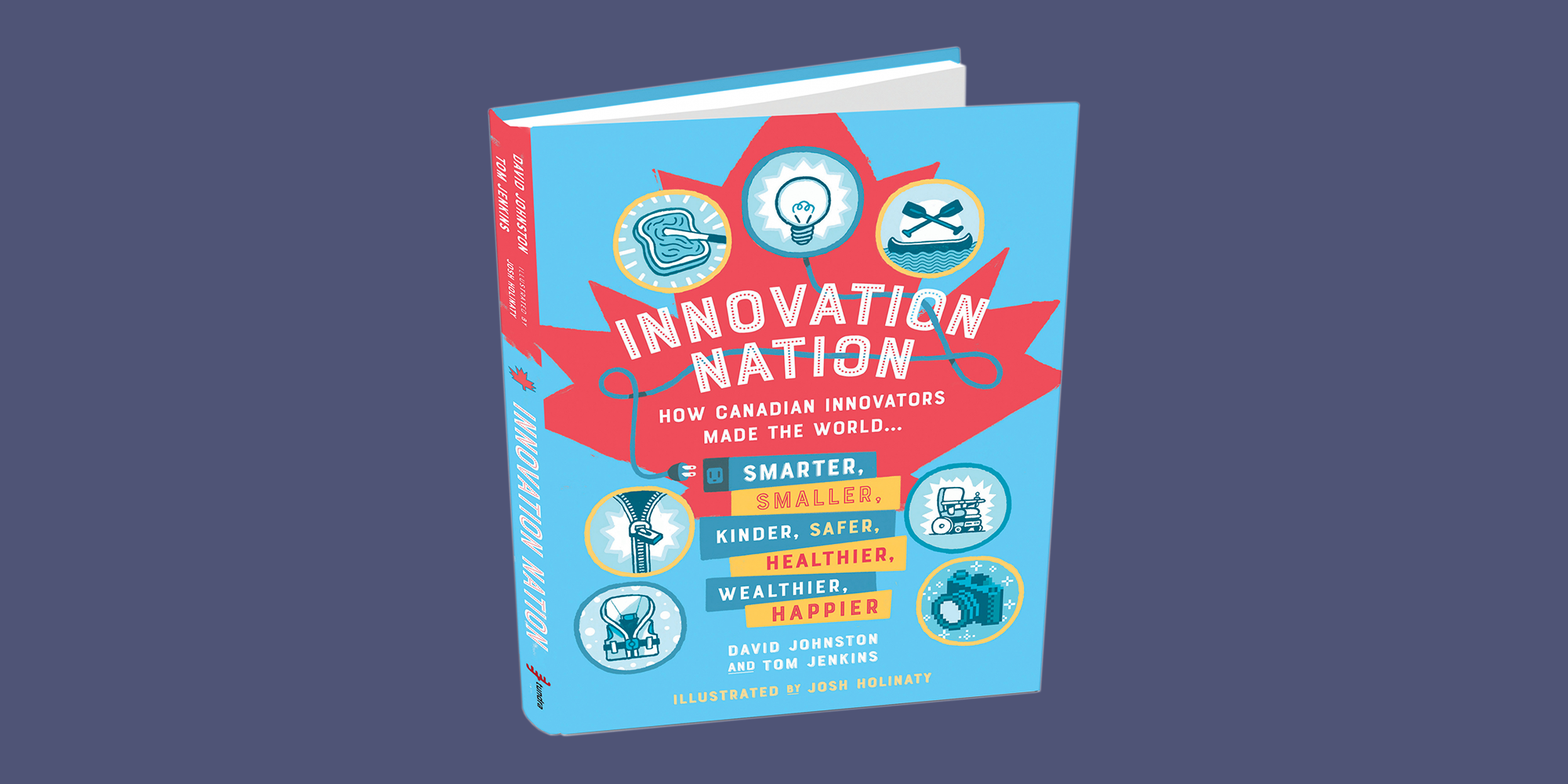Rather a little bit, in accordance to the industry experts. For a single thing, what we consider is long term isn’t. Electronic storage methods can develop into unreadable in as little as a few to 5 a long time. Librarians and archivists race to duplicate matters in excess of to more recent formats. But entropy is always there, waiting in the wings. “Our professions and our men and women frequently test to extend the standard life span as far as doable by a wide variety of procedures, but it’s still holding back the tide,” states Joseph Janes, an affiliate professor at the College of Washington Info School.
To complicate issues, archivists are now grappling with an unprecedented deluge of data. In the earlier, products have been scarce and storage house confined. “Now we have the opposite trouble,” Janes states. “Everything is staying recorded all the time.”
In basic principle, that could ideal a historic incorrect. For centuries, numerous people did not have the correct culture, gender, or socioeconomic class for their expertise or operate to be learned, valued, or preserved. But the large scale of the digital environment now provides a exceptional challenge. According to an estimate final year from the current market research agency IDC, the quantity of information that businesses, governments, and folks create in the upcoming several yrs will be two times the full of all the electronic knowledge created earlier because the start of the computing age.
Overall educational institutions inside some universities are laboring to locate much better strategies to saving the facts underneath their umbrella. The Knowledge and Provider Centre for Humanities at the University of Basel, for illustration, has been acquiring a application system identified as Knora to not just archive the many types of information from humanities function but ensure that persons in the future can browse and use them. And nevertheless the procedure is fraught.
“We can’t help you save everything … but which is no explanation to not do what we can.”
Andrea Ogier
“You make educated guesses and hope for the most effective, but there are facts sets that are shed because no person understood they’d be valuable,” states Andrea Ogier, assistant dean and director of details providers at the University Libraries of Virginia Tech.
There are never adequate people today or revenue to do all the needed work—and formats are switching and multiplying all the time. “How do we finest allocate sources to maintain matters? Because budgets are only so substantial,” Janes suggests. “In some circumstances, that implies things receives saved or stored but just sits there, uncatalogued and unprocessed, and so future to extremely hard to obtain or accessibility.” In some conditions, archivists ultimately flip away new collections.
The formats applied to shop info are them selves impermanent. NASA socked absent 170 or so tapes of knowledge on lunar dust, gathered throughout the Apollo era. When researchers established out to use the tapes in the mid-2000s, they could not locate everyone with the 1960s-period IBM 729 Mark 5 machine necessary to browse them. With assistance, the crew in the end tracked down one in tough form at the warehouse of the Australian Pc Museum. Volunteers assisted refurbish the machine.
Software package also has a shelf daily life. Ogier remembers seeking to analyze an aged Quattro Pro spreadsheet file only to come across there was no easily obtainable computer software that could read through it.







